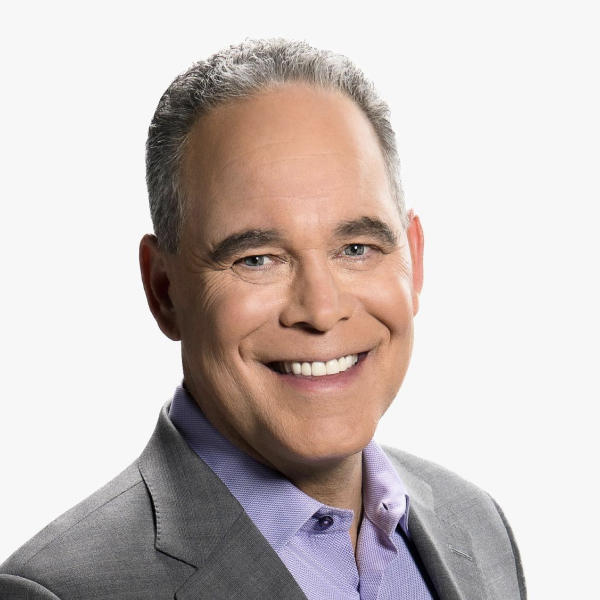Wall St.'s mega-deal mojo a sign that recovery is taking hold?
(CBS News) The days of the Wall Street mega-deals appear to be back, and that's yet another sign that the economic recovery is gaining traction, according to a leading economist.
Just in the last week, food giant H.J. Heinz Co. announced it would be acquired by a consortium including billionaire investor Warren Buffett in a deal worth roughly $23 billion. And US Airways and American Airlines completed a much-anticipated $11 billion merger to create the world's largest airline.
Will American-US Airways merger push up fares?
That points to the economic recovery being the "real deal," Mark Zandi, chief economist for Moody's Analytics, told Jim Axelrod, anchor for the Saturday edition of the "CBS Evening News."
"Confidence is improving," Zandi said. "And confidence is key to a better economy. These investors in these companies feel good about their prospects. Of course they have very low interest rates -- record low interest rates -- that they can borrow to help finance those purchases . And the shareholders in these feel like they're getting a fair deal because stock prices are back close to record levels. So M & A (mergers and acquisitions) activity are back to levels that we haven't seen since before the great recession and I think that means the country is getting back to normal".
As for their potential to foster near-term job creation, Zandi was more skeptical, saying most mergers and acquisitions are traditionally about cost-cutting. But he believes the cuts associated with these deals will be "more modest than in times past" and that they'll likely lead to more long-term job creation.
Another sign that the economy is on the right track: falling gold prices.
"In times of trouble when things look like they're very dark, people run for the safety of gold. It's where they go when they run for the proverbial bunkers. The fact that ... some very smart investors are selling some of their gold holdings is a good sign. They feel like 'Well, maybe the coast isn't clear, but the biggest risks to the economy are behind us,'" Zandi said.
But that doesn't mean the outlook is entirely rosy. Gas prices have been rising over the last month. Zandi discounted the gas price trend, up 12 cents in the last week, saying seasonal increases aren't unusual as refiners gear up for the summer driving season. But if prices spike further, up another 50 cents to around $4 a gallon "that indeed would be a problem."
As for the looming sequester cuts, Zandi said the "political brinksmanship in Washington is obviously a problem," but expressed hope that policymakers wouldn't undo the country's growing economic confidence.
